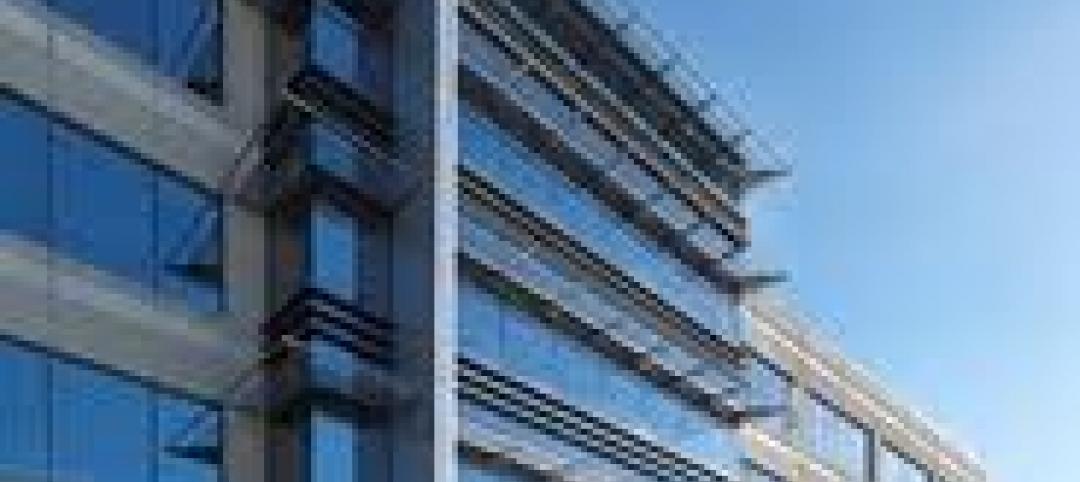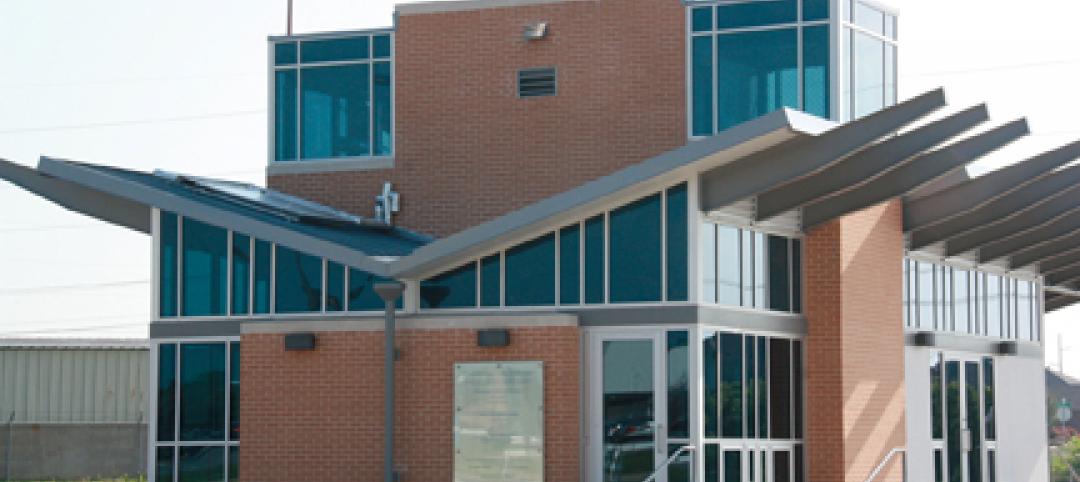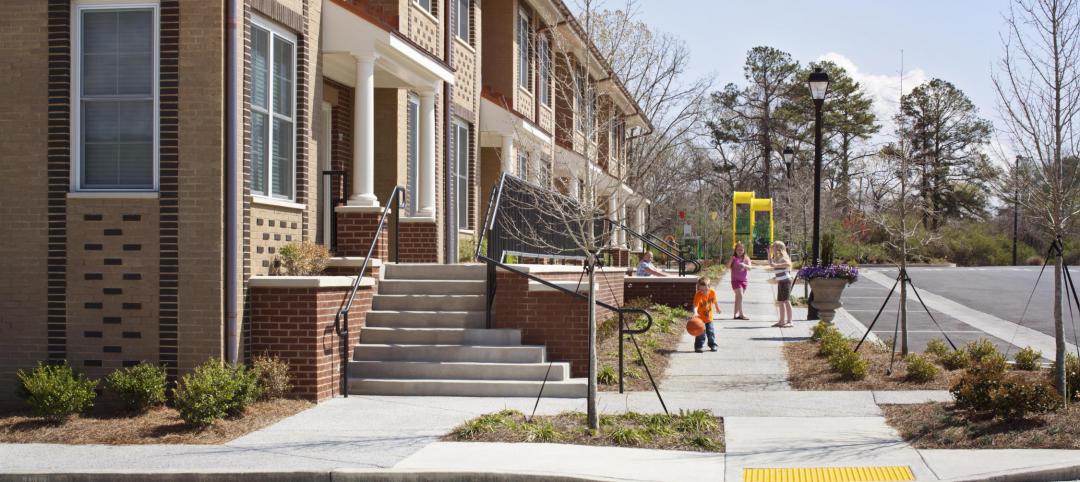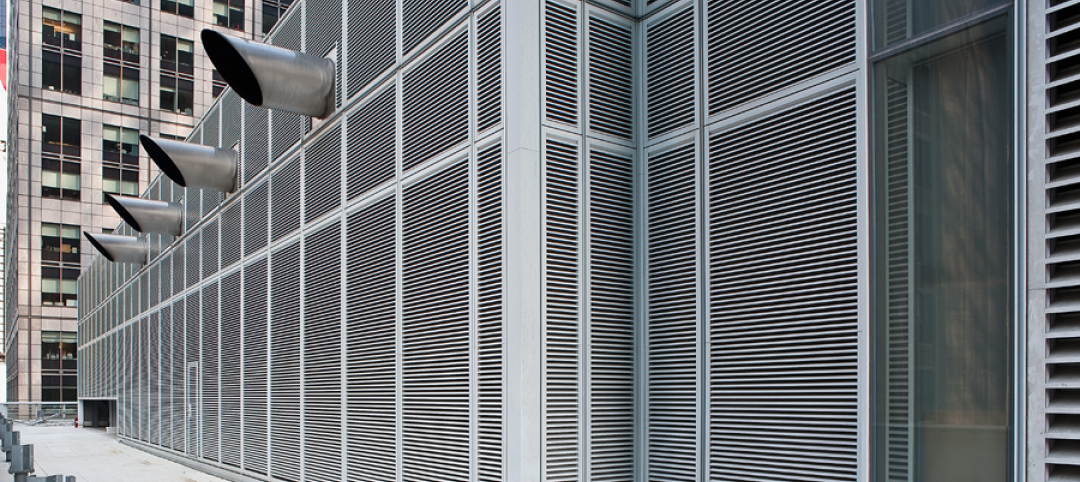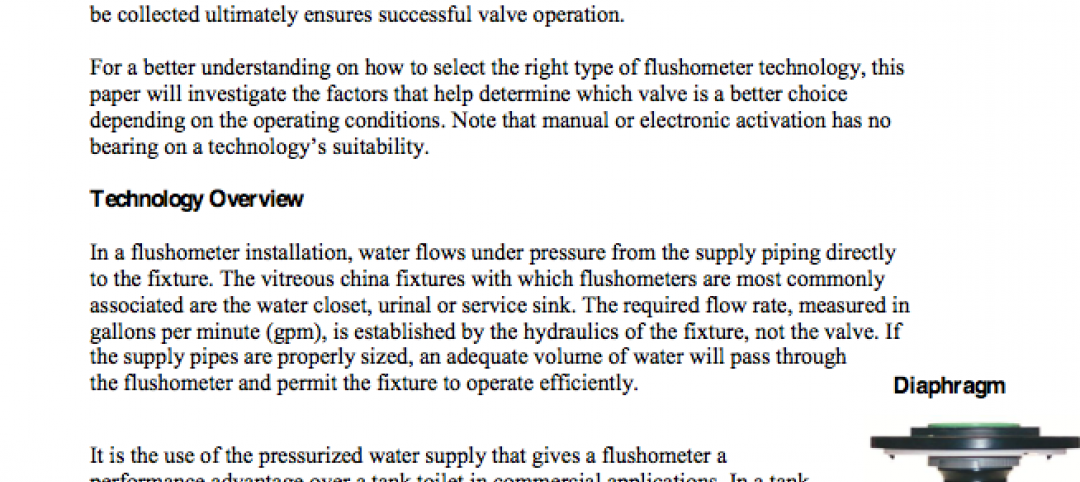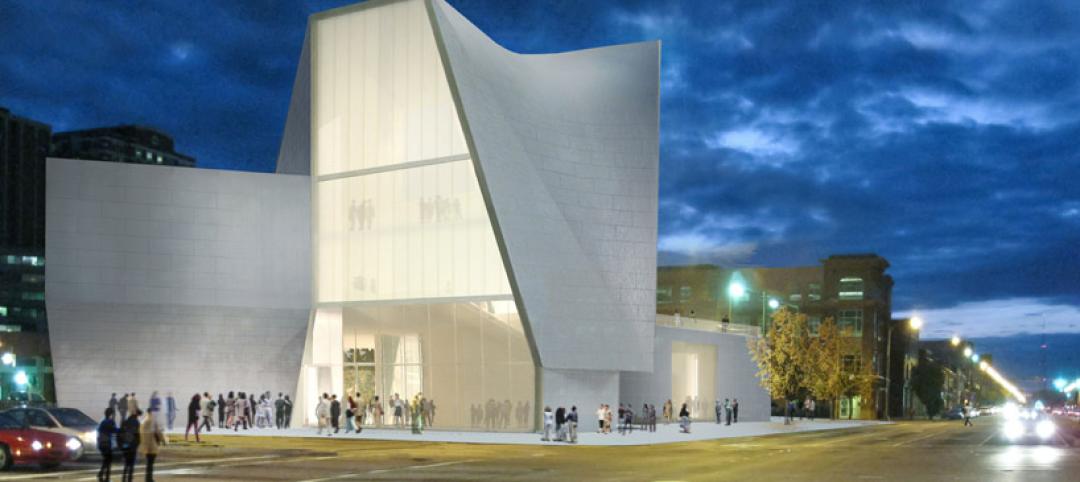Recent research papers from economists that have questioned costs and benefits of energy efficiency programs and policies have been flawed, says Steve Nadel, executive director of the American Council for an Energy-Efficient Economy.
Instead of “continuing a tit-for-tat debate,” Nadel says economists and energy efficiency practitioners could find ways to better work together to devise higher quality studies. “First, we admit that not all energy efficiency programs are stellar,” Nadel says. “It’s critical to have good evaluation to help tell what is working well and what needs improving.”
“There is a tendency, in both the economics and energy efficiency communities, to work from established paradigms and work with colleagues who share similar views,” he continues. “When the two communities meet, they often talk past each other. There is a need for both sides to better understand where the other side is coming from, and to explore opportunities to find a middle ground.”
Nadel cited recent studies that looked at only costs but not benefits, included extra costs unrelated to energy efficiency (e.g. home repair costs), left out important costs such as changes in maintenance costs, or are based on a simple cost-benefit framework without considering other goals that the programs might have. “Likewise, each program is different and one problematic program should not cast doubt on all of the others,” Nadel says.
Related Stories
| May 8, 2012
Morgan/Harbour completes three projects at Columbia Centre
Projects completed on behalf of property owner, White Oak Realty Partners, LLC, Pearlmark Realty Partners, LLC and Angelo Gordon & Co.
| May 7, 2012
Best AEC Firms: MHTN Architects nine decades of dedication to Utah
This 65-person design firm has served Salt Lake City and the state of Utah for the better part of 90 years.
| May 3, 2012
U of Michigan team looking to create highly efficient building envelope designs
The system combines the use of sensors, novel construction materials, and utility control software in an effort to create technology capable of reducing a building’s carbon footprint.
| May 3, 2012
Zero Energy Research Lab opens at North Texas
The living lab—the only one of its kind in Texas—is designed to test various technologies and systems in order to achieve a net-zero consumption of energy.
| May 3, 2012
Gilbane to provide CM services for North Reading’s integrated middle/high school
The project scope includes a wastewater treatment plant, demolition of the existing high school and extensive athletic fieldwork.
| May 2, 2012
Public housing can incorporate sustainable design
Sustainable design achievable without having to add significant cost; owner and residents reap benefits
| May 1, 2012
White paper discusses benefits of diaphragm and piston flushometer valves
The white paper highlights considerations that impact which type of technology is most appropriate for various restroom environments.
| Apr 30, 2012
Virginia Commonwealth unveils design for Arts Institution
Institute for Contemporary Art will serve as a catalyst for exhibitions, programs, research and collaboration.
| Apr 27, 2012
GreenExpo365.com to offer webinars on EPA’s WaterSense Program
Architects and builders interested in developing water-efficient buildings invited to attend free sessions featuring experts discussing water-efficient building practices.



